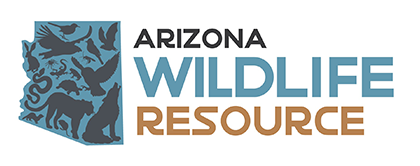It takes a village to do what we do. How can you help?

Join Our Team
Are you passionate about protecting wildlife and want to play an active role in conservation? At Arizona Wildlife Resource, we’re building a team of dedicated advocates who share our mission of creating a thriving, poison-free environment for Arizona’s wildlife.
We’re looking for volunteers to help in the following areas:
- Rescue Transporters: Assist with emergency wildlife rescue and transport to rehabilitation facilities.
- Nest Box Building: Help construct and prepare safe habitats for wildlife.
- Habitat Installs: Assist in planting trees or installing supplemental habitats, often in remote areas, to support wildlife conservation.
- Couriers for Supplies: Transport materials and supplies to support our projects and partners.
- Outreach Events & Materials: Assist with community events and creating educational resources to spread awareness.
- Wildlife-Friendly Pest Control Enthusiasts: Join us if you’re interested in learning more about eco-friendly pest control and helping to implement poison-free solutions.
- Special Projects: Have a unique skill or idea? Let us know how you’d like to contribute!
We believe in empowering people to become their own advocates for wildlife conservation. Whether it’s lending a helping hand or coming up with innovative ways to support our mission, there’s a place for everyone on our team.
Transportation Volunteers
Many people calling about injured animals do not have access to a vehicle, can't leave work, don't drive, are afraid of the animal they are trying to help, and so on. The longer any animal waits for treatment, the less likely a rehab will be able to help it. The more volunteers we have, the more animals we can help. Transport volunteers fall into the two categories listed below.
First Responders
First responders help wildlife and rehab centers by driving to where the animal is, containing it, and getting it to an appropriate rehab or relay station. First responders may have to climb up or under things in order to get animals out of tricky situations. Calls come in randomly, and each situation is unique. Rescuers use their own equipment such as pet carriers, towels, nets, and protective clothing.
Relay Support Driver
Relay support volunteers help animals that are already in pet carriers and need a lift. This is a perfect position for people who live in rural areas and commute to larger cities or just don't mind taking a drive. Calls are not as random or urgent as a first responder's, however the sooner an animal is transported, the sooner it can start treatment.
